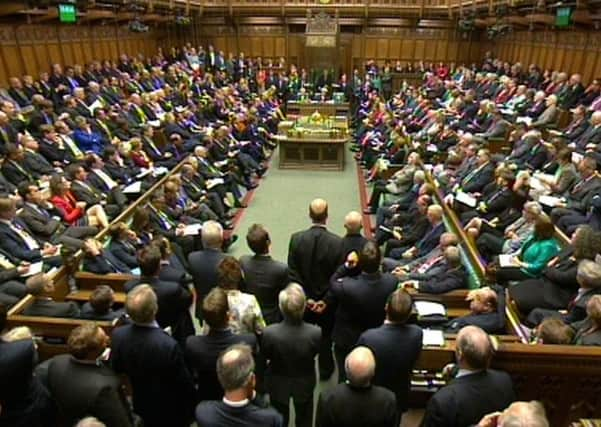LibLabCon is part of the problem


The phenomenon of high pay at the top is common throughout the public sector and has been driven primarily by three forces.
Firstly, the public sector has been refashioned into the mould of the private sector. This brought about a shift from public administration to new public sector management, which among other things weakened the traditional public service ethos of modest reward that was prevalent throughout the hierarchy.
Advertisement
Hide AdAdvertisement
Hide AdIn passing we can note that local authority nomenclature has seen the town clerk re-titled chief executive and other officers designated as directors. Salary levels were adjusted upwards accordingly.
Secondly, new ideas in management theory in general and in the field of strategy in particular were transferred into the public sector with a commensurate increase in the status and pay of chief officers.
Thirdly, top management in the private sector through various other mechanisms, such as share options and bonus-related pay, has been able to secure a greater share of rewards. Inevitably, this has spilled-over into the public sector.
The question now is: what can be done about it? The answer is: not a lot.
Advertisement
Hide AdAdvertisement
Hide AdThe mainstream political parties, along with much of the press, are colonised by the rich, the powerful and the privileged while the BBC remains firmly in the grip of the middle-class, metropolitan elite.
I fear very much that the Conservative, Labour and Liberal-Democrat parties are now part of the problem; not the solution.
This begs a question: why do so many people continue voting for them?
Kevin Hey
Castle Road, Colne